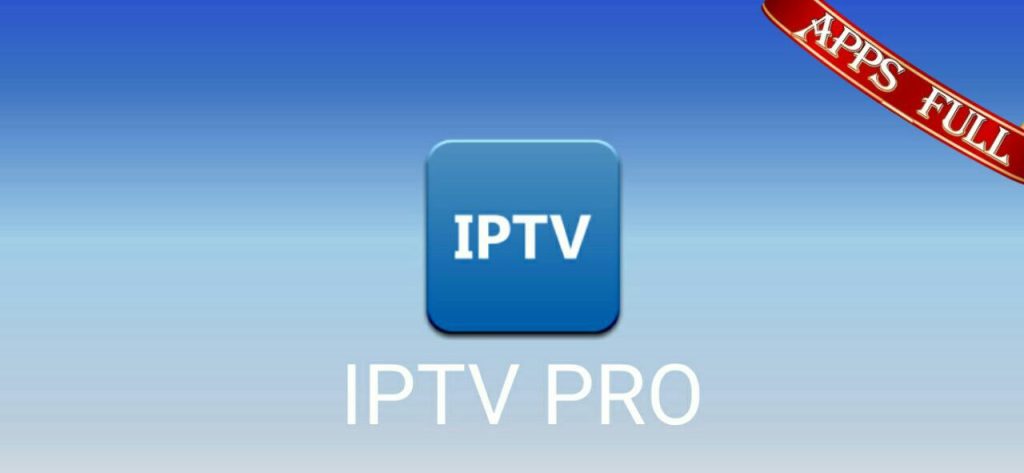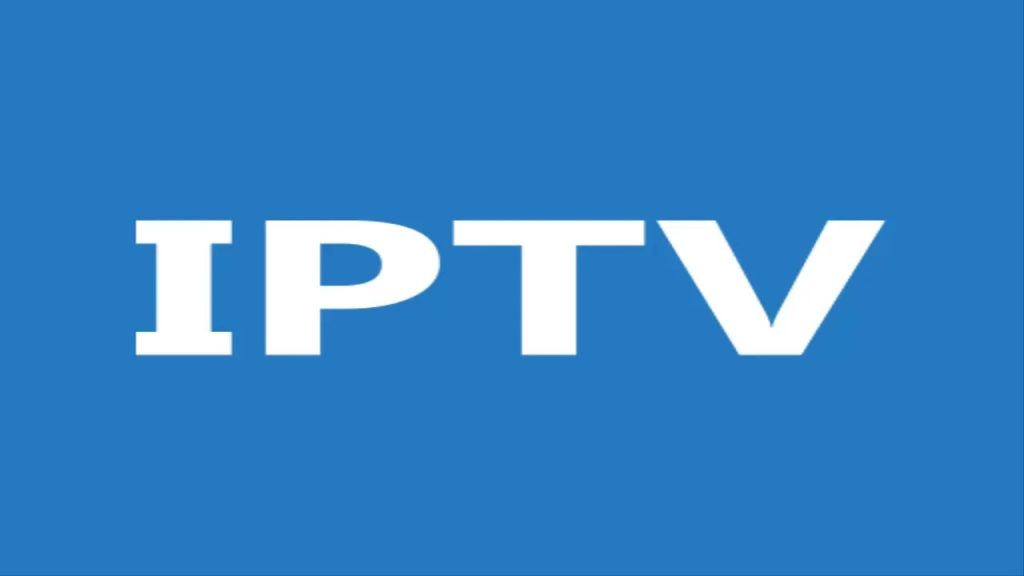IPTV Lag Fix: Expert Strategies for Buffer-Free Viewing
Introduction to IPTV Lag Fix IPTV Lag and Buffering Issues Overview Many users have reported experiencing significant buffering and lagging issues while using IPTV Lag Fix services to watch live television. The problem seems to persist regardless of the channel being watched or the time of day. This consistent interruption in viewing pleasure has left many frustrated and seeking solutions to address the problem. Causes of IPTV Lag Fix and Buffering One of the primary reasons for the buffering and lagging problems experienced by IPTV users is insufficient internet speed. If the internet connection is not robust enough to support the streaming of high-quality content, interruptions in the form of buffering are likely to occur. Additionally, network congestion, particularly during peak usage hours, can further exacerbate these issues. Other potential causes include server overload, outdated equipment, and insufficient bandwidth allocation. Check Your Internet Connection Testing Your Internet Speed To ensure smooth IPTV streaming, users must first test their internet speed. This can be done through various online tools and websites that provide accurate speed readings. By conducting a speed test, users can determine if their current internet connection meets the required speed for IPTV streaming. A recommended speed for uninterrupted streaming is at least 25 Mbps for HD content and 5 Mbps for SD content. Improving Your Internet Connection for IPTV After testing their internet speed, users can take steps to improve their connection for a better IPTV Lag Fix experience. Some ways to enhance internet speed include: – Upgrading to a higher-speed internet plan offered by their service provider. – Connecting devices directly to the router using Ethernet cables instead of relying on Wi-Fi connections. – Optimizing router placement to ensure better coverage and signal strength. – Monitoring and limiting other devices on the network that may consume bandwidth. Implementing these improvements can significantly reduce buffering and freezing issues while streaming IPTV content. Optimize Your Router Settings Adjusting Router Channels When optimizing your router settings to enhance IPTV streaming, consider adjusting the channels to reduce interference from neighboring networks. By choosing a less congested channel, you can improve the overall performance and stability of your Wi-Fi connection for smoother IPTV Lag Fix playback. Upgrading Router Firmware for Better Performance Maintaining updated router firmware is essential for ensuring optimal performance and security. Upgrading your router’s firmware to the latest version can potentially resolve compatibility issues, enhance network stability, and introduce new features that may benefit your IPTV streaming experience. Check Your Internet Connection Testing Your Internet Speed To ensure smooth IPTV streaming, users should conduct an internet speed test. Online tools can provide accurate readings, indicating if the current connection speed meets the requirements for uninterrupted IPTV streaming. An ideal speed for HD content is at least 25 Mbps, while 5 Mbps is sufficient for SD content. Improving Your Internet Connection for IPTV After testing the internet speed, users can take steps to enhance their connection for better IPTV performance. Consider upgrading to a higher-speed plan, using Ethernet cables for direct connections, optimizing router placement, and monitoring other devices consuming bandwidth. These adjustments can significantly reduce buffering and freezing during IPTV streaming. Update Your Device and Apps Keeping IPTV Apps and Devices Updated Users must prioritize keeping their devices’ operating systems and IPTV streaming apps up to date. Regular updates often include bug fixes, performance enhancements, and security patches that can improve the overall streaming experience. By ensuring that both the device and the apps are running the latest software versions, users can minimize the risk of encountering buffering and freezing issues during IPTV playback. Ensuring Compatibility for Smooth Viewing Experience Another crucial aspect of preventing IPTV buffering is ensuring compatibility between the streaming service, devices, and internet connection. Users should check the system requirements of their IPTV apps and make sure that their devices meet the recommended specifications. Incompatibility issues can lead to playback issues, so verifying that all components are compatible can help maintain a smooth viewing experience. Check Your Internet Connection Testing Your Internet Speed To guarantee uninterrupted IPTV streaming, users need to assess their internet speed. Various online tools and websites can provide accurate speed readings for this purpose. By conducting a speed test, users can ascertain whether their current internet connection meets the necessary speed requirements for smooth IPTV streaming. It is advisable to have a speed of at least 25 Mbps for HD content and 5 Mbps for SD content to ensure optimal streaming experience. Improving Your Internet Connection for IPTV Upon determining their internet speed, users can take measures to enhance their connection and optimize their IPTV experience. Some strategies to boost internet speed include upgrading to a higher-speed plan provided by their service provider, using Ethernet cables to directly connect devices to the router, adjusting the router placement for better coverage, and managing the bandwidth usage of other devices on the network. By implementing these improvements, users can effectively minimize buffering and freezing problems while streaming IPTV Lag Fix content. Utilize Ethernet Connection Benefits of Using Ethernet for IPTV Connecting your streaming device directly to the router using an Ethernet cable offers a more stable and reliable internet connection compared to Wi-Fi. This direct wired connection can significantly reduce latency and buffering issues, providing a smoother streaming experience for IPTV content. Setting Up Ethernet Connection for Lag-Free Streaming To establish an Ethernet connection for your streaming device, simply connect one end of the Ethernet cable to the Ethernet port on your device and the other end to an available port on your router. By bypassing the potential interferences and signal fluctuations associated with wireless connections, users can enjoy uninterrupted IPTV streaming without the disruptions caused by buffering or freezing. Update Your Device and Apps Keeping IPTV Apps and Devices Updated Users should make it a priority to keep their devices’ operating systems and IPTV streaming apps up to date. Regular updates typically include bug fixes, performance enhancements, and security patches that can improve the overall streaming experience. By ensuring that both
IPTV Lag Fix: Expert Strategies for Buffer-Free Viewing Read More »




